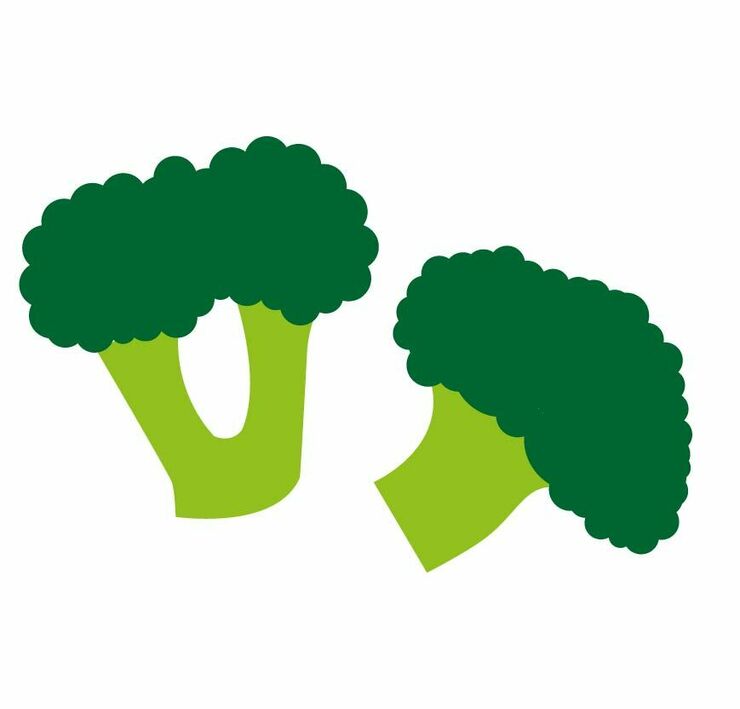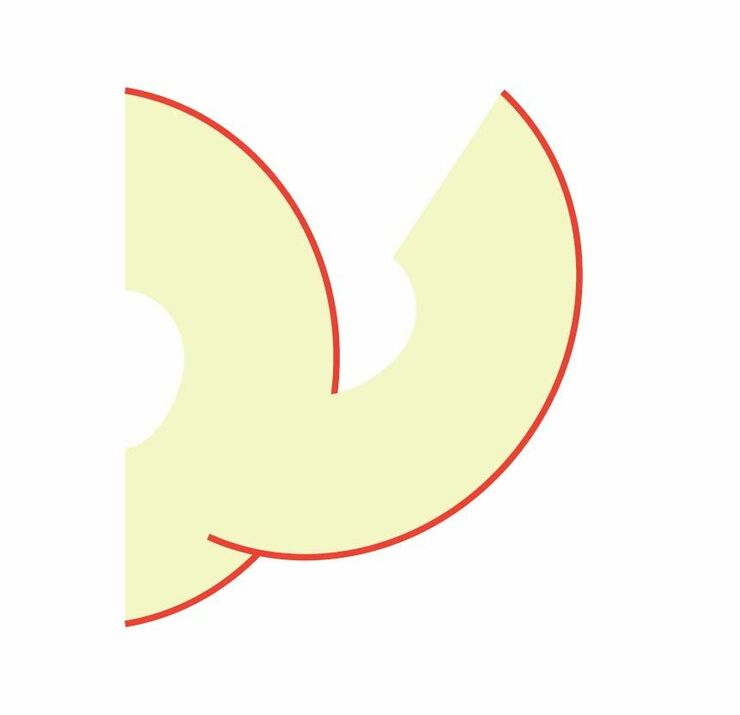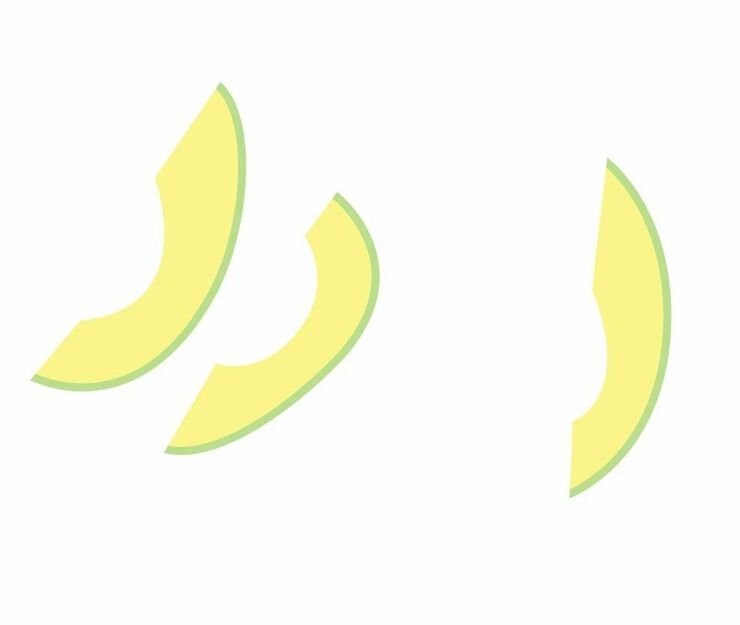Choosing foods for weaning:
- As your baby progresses with weaning, offer a variety of flavours, textures, and tastes.
- Use as many home-cooked family meals as you can.
- If you plan to give your baby a vegetarian or vegan diet, ask your health visitor for support and advice.
- Avoid salty or sugary foods, and adding salt, sugar, or honey when preparing meals for your baby.
Some ideas for first foods:
- Baby rice (made up with your baby’s usual milk), either on its own or with cooked fruit or vegetables.
- Cooked, starchy, mashed vegetables such as potato, sweet potato or yam.
- Other vegetables cooked and mashed such as carrot, broccoli, or squash.
- Cooked, or raw mashed soft fruit with skin and pips removed, such as apple, pear, peach, banana, or avocado.
- Cooked, mashed split lentils without skins.
- Scrambled or mashed boiled eggs (using your baby’s usual milk to mash) - make sure they have the Red Lion Stamp on them.
- Cooked, soft or pureed meat or fish, mixed with baby rice or vegetables.
Some ideas for finger foods:
- Ripe and peeled soft fruit, like banana, pear or peach.
- Cooked soft vegetables, like carrot, courgette, parsnip or sweet potato.
- Well-cooked shredded meat, or flaked fish with all the bones removed.
- Fingers of toast, pitta bread or chapatti, with butter or similar spread*.
- Well-cooked pasta shapes.
- Pieces of falafel or garlic bread**.
- Cheese, either in thin slices or grated**.
- You can find more ideas on the NHS Start for Life website and and in Eating well: the first year from First Steps Nutrition Trust (PDF).
*This can help your baby swallow these foods more easily but you dont need to add much. You can offer to them dry when they are more skilled at eating.
**Some of these foods can contain a lot of salt, so don't give to them too often. Also remember to avoid adding salt to any cooking water.





